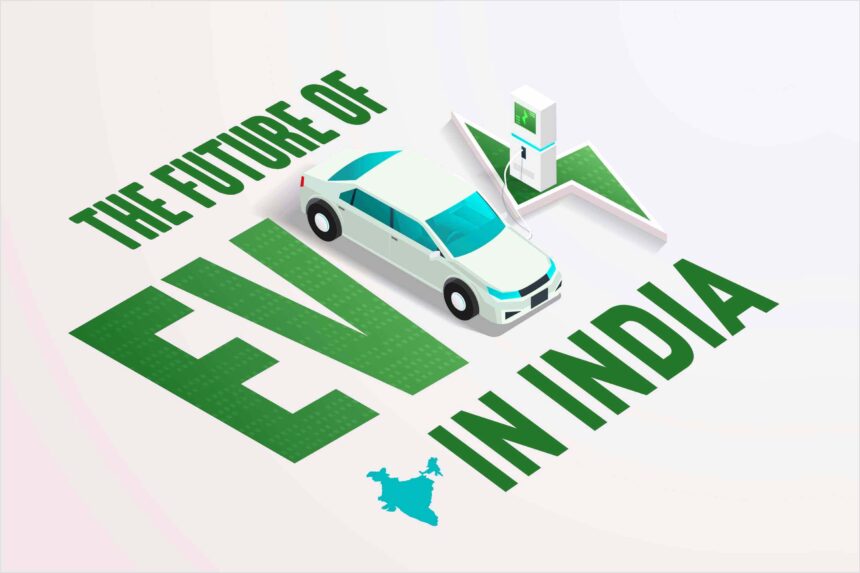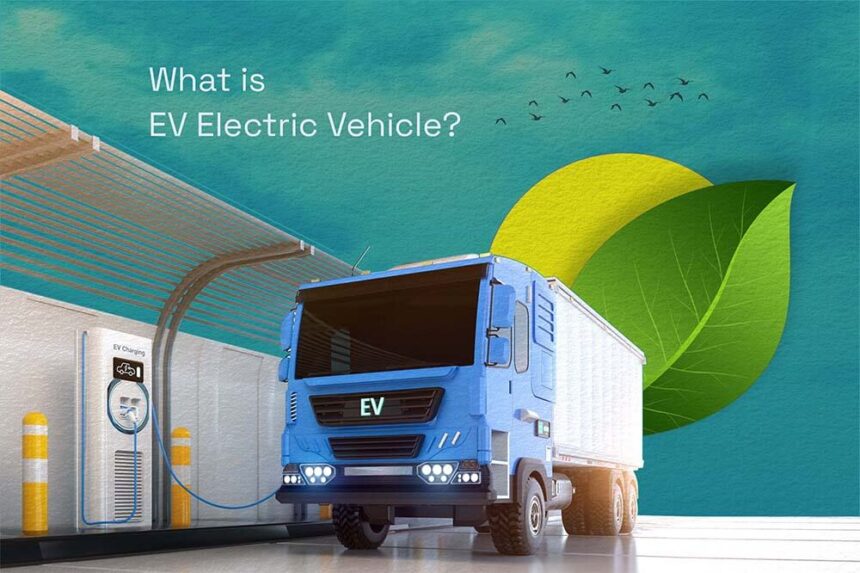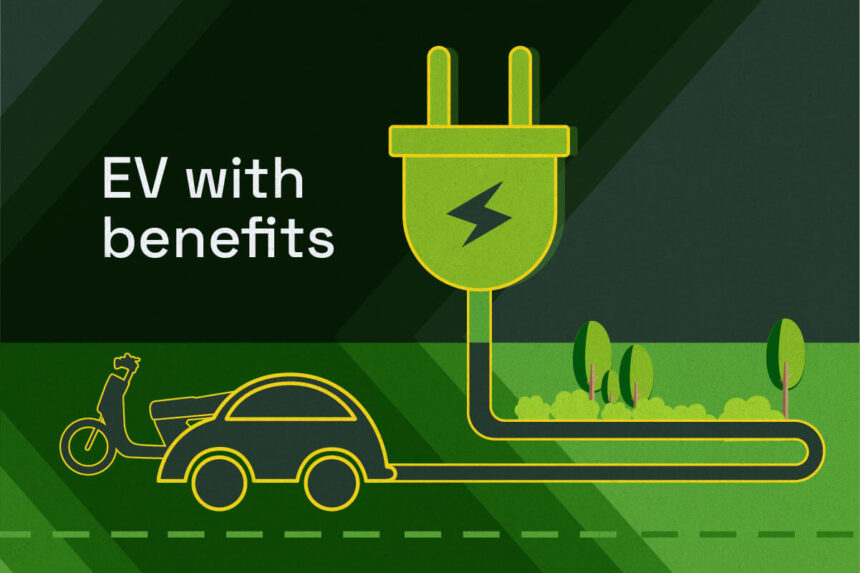Introduction to Electric Vehicles
We have all been fascinated by the future. Especially when it pertains to technology and the things we hold dear to us. One of the most recent introductions is the long-awaited Electric vehicles. In the foreign markets, they have had a fair share of time, but there is a sudden surge of the same right here in India. From cost-saving to life-saving, are Electric vehicles the true future of India? And the greater question is, how much is the Indian consumer market going to trust them?
India and Electric Vehicles
Low manufacturing and operational expenses have been made possible by the introduction of ground-breaking EV technologies in India and around the world, as well as by the commitment to distribute these innovations for the benefit of all.
Electric vehicles have shown to be one of the most economical and environmentally friendly substitutes for fossil fuel-powered automobiles. Considering the skyrocketing gasoline prices, this is a significant bonus for the introduction of electric vehicles in India.
Here, it is especially important to highlight the significant steps the Indian government has done toward EV adoption. The government encourages younger prospective vehicle owners to choose an electric vehicle (EV) rather than a fossil-fuel vehicle via tax incentives and stronger restrictions.
Reasons why India sees a hopeful EV future
Sustainable development and Lower CO2 Emissions
Perhaps you’re unaware, but India will reduce its CO2 emissions by one gigatonne by 2030 by converting to electric vehicles. This accomplishment will result in the less environmental pollution in metro areas and small metro areas, which will maintain the health of current and future generations.
The world as a whole, not just India, is struggling with rising temperatures. By purchasing electric vehicles (EVs), car customers may contribute to saving planet Earth, our only known home. We will all end up benefiting from the zero tailpipe emissions facilitated by multitudes of vehicle purchasers.
Better Value to Buy and Drive
When EVs were first introduced, they were a revolutionary idea with scaling problems.The prospects of electric cars in India are brighter because of the government’s generous tax concessions, but that isn’t the main reason people are buying them.
Auto industry stalwarts like Tata, Mahindra, Hyundai, Toyota, and many more may now sell EVs at reasonable pricing. For instance, the starting bid of a Tata Nexon SUV is Rs. 14.99 lakhs, which is less expensive than the starting prices of several other SUVs, including the Hyundai Creta, Vitara Brezza, and a few others.
The potential of electric cars in India is promising due to the numerous advantages, such as low initial and ongoing expenses and tax incentives.
Recharge Made Simple
The inability to drive electric cars over vast distances was originally one of the main obstacles that predicted a grim future for them in India. This is not to suggest that an automobile powered by fossil fuels couldn’t travel very far. On the other hand, you may quickly refill for the latter by parking at any gas or diesel station. On the contrary, the need for charging hubs and stations dispersed around the nation made it challenging to charge an EV.
Now that the Indian government has released contracts for commercial companies to set up fixed, pop-up, and mobile EV supercharger stations, all of this is changing fast. A fast charger is also standard on all EVs, and it may be easily implemented at home.
With these developments, EVs can now travel between cities and are no longer just for city driving. It is safe to conclude that soon many automobile purchasers will choose EVs as their primary method of transportation rather than a second vehicle, reiterating the notion that electric cars have a promising future in India.
Pleasant Motoring Experience
Electric cars lack a traditional engine, have no gears, and have simple controls. All of these contribute to a wonderful driving experience that is faster and much more pleasant than in automobiles powered by fossil fuels.
These cars combat both noise and air pollution since they produce zero vibration or sound. This is just another factor making India’s electric vehicle future special. Any device that reduces the enormous problem of noise pollution is extremely acceptable.
EVs and their quiet nature can considerably reduce the psychological problems connected with excessive noise, which is another reason why the future of electric vehicles in India is auspicious in terms of providing a pleasurable driving experience. Which include stroke, despair, hypertension, and stress.
The Future Route
The issue of pricey batteries still plagues the EV business, even though it has overcome several obstacles to becoming more acceptable in India and throughout the world. An EV lithium-ion battery costs roughly Rs. 5.7 lakhs in this nation alone, or about US$ 250 per kWh. This is a key factor in why India’s electric car future might stagnate.
However, the increased awareness and the future of sustainability make Electronic vehicles a large step ahead for the Indian Market. India is moving ahead, green and clean.







